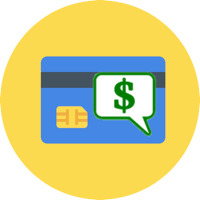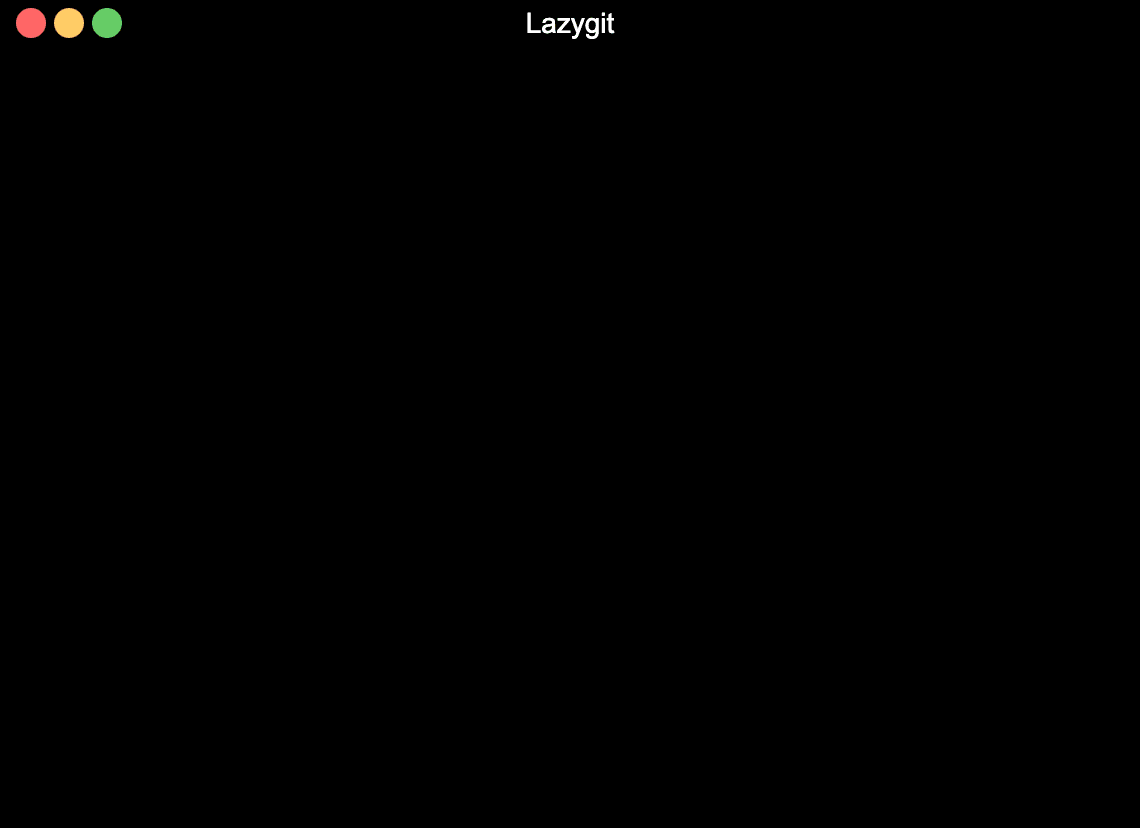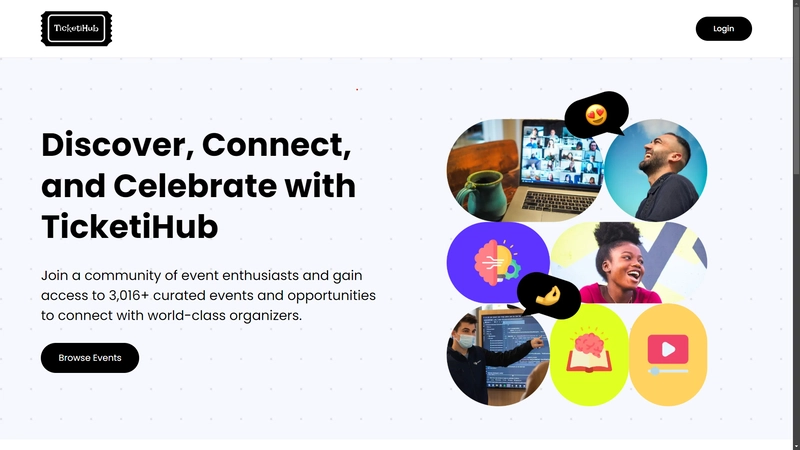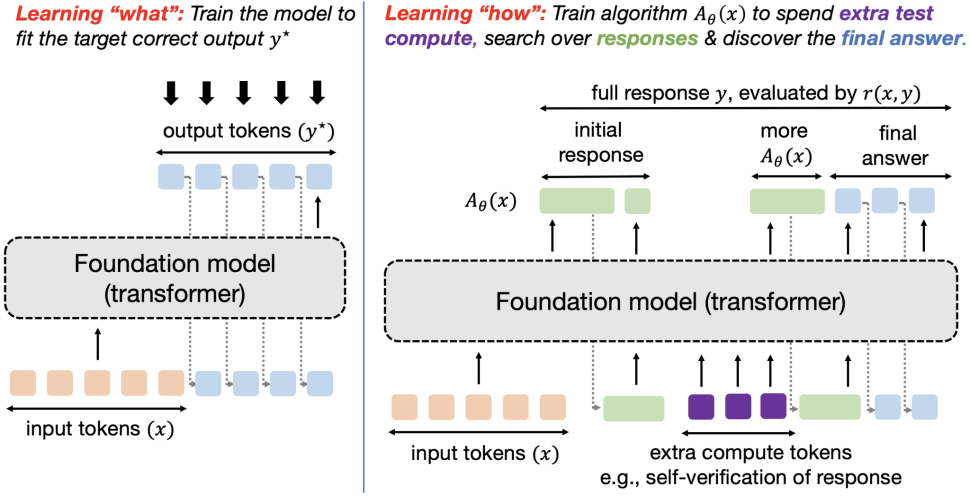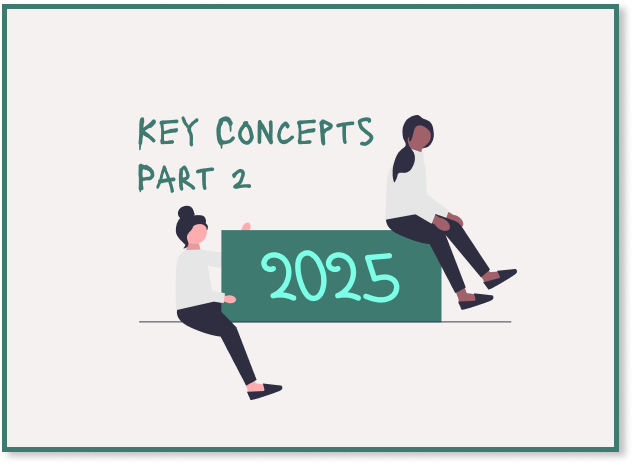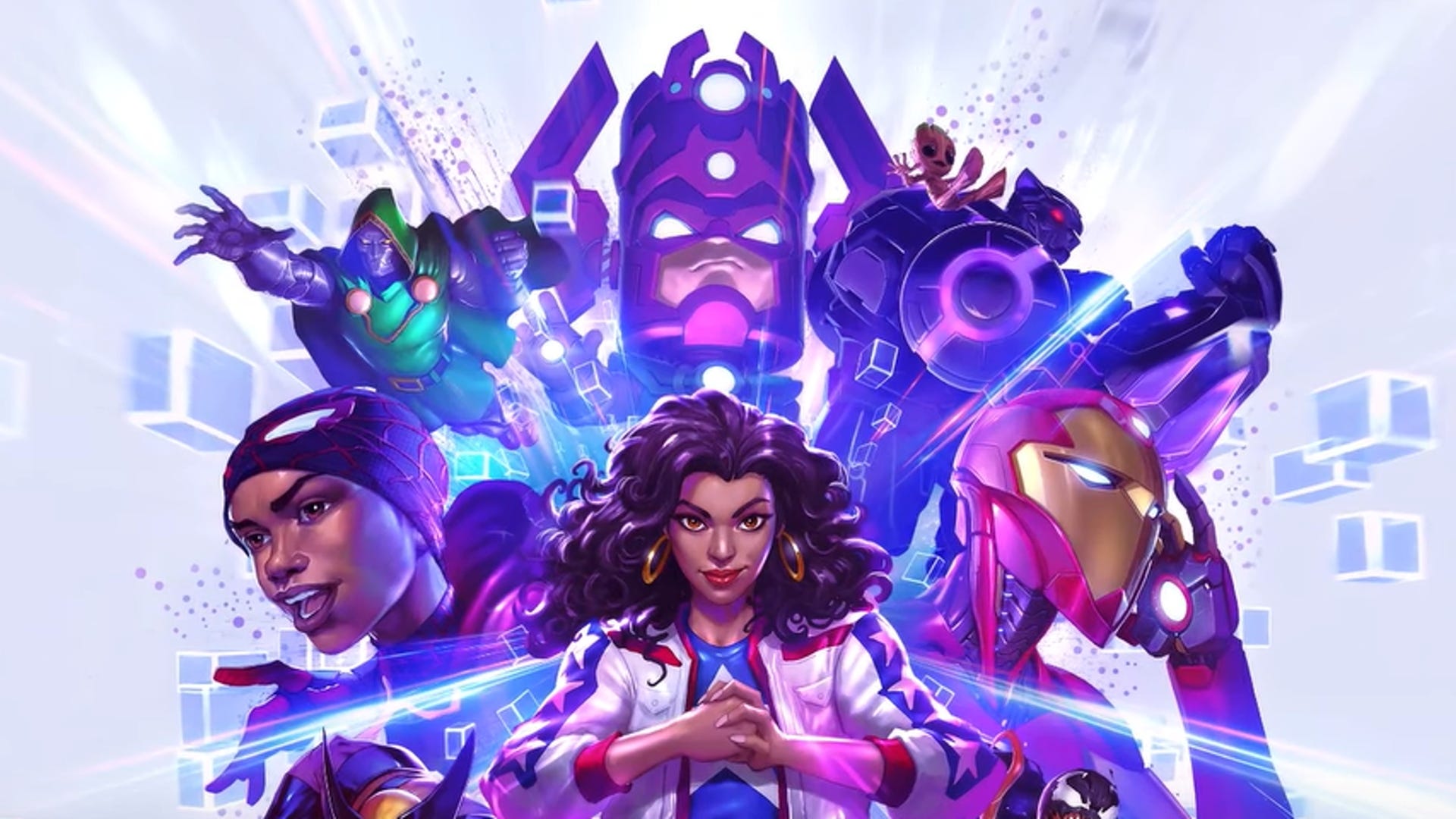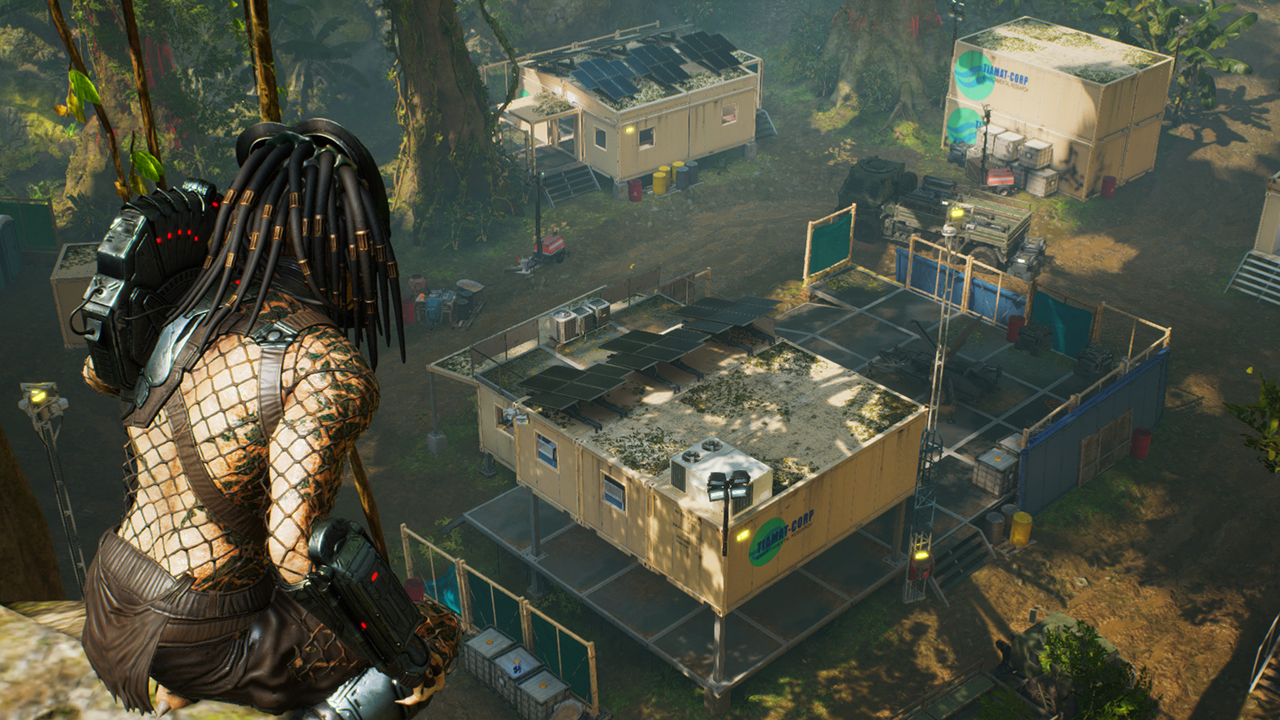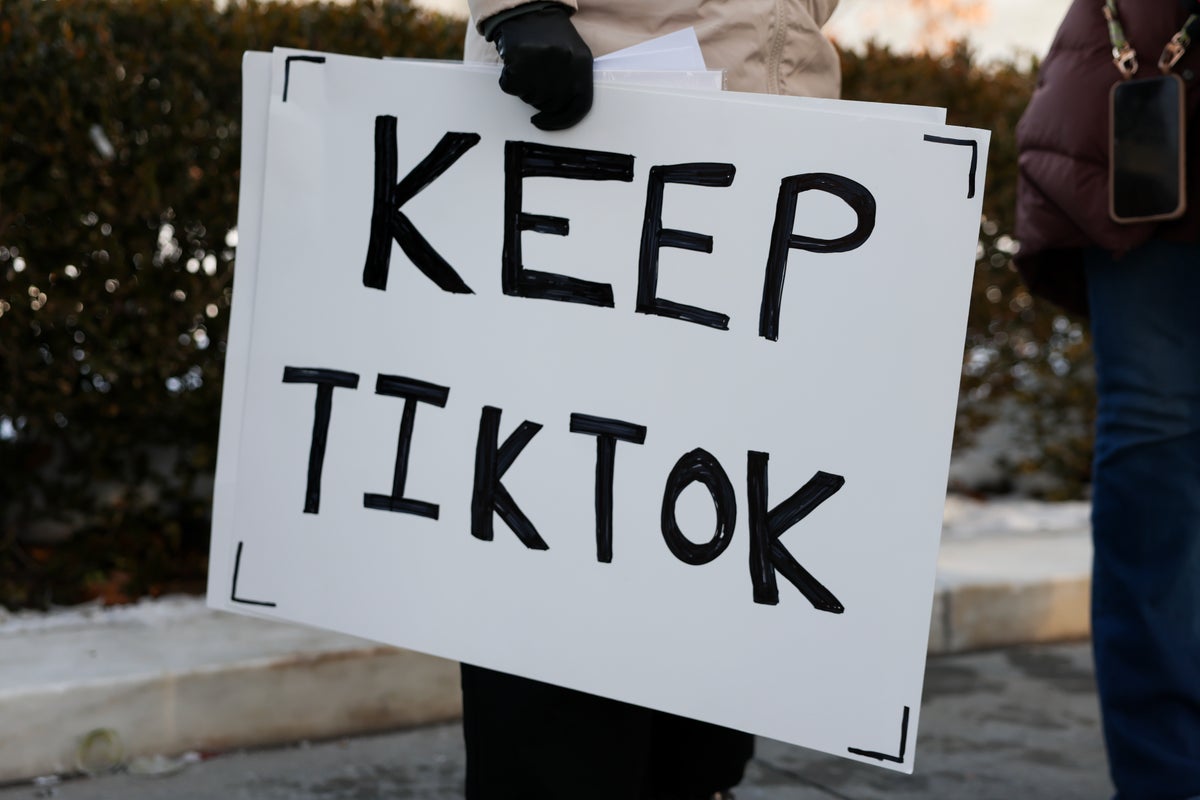Web3 and the Future of the Internet
Web3 represents the next evolution of the internet, shifting from centralized systems to decentralized networks powered by blockchain. It prioritizes user control, transparency, and ownership of data and digital assets through technologies like smart contracts and tokenization. Key Principles of Web3 Decentralization : Data and applications operate on distributed networks. Ownership: Users control their assets via blockchain wallets. Interoperability: Seamless integration across platforms. Transparency: Blockchain ensures trust and automation through smart contracts. Programming in Blockchain Developers play a vital role in Web3 by using tools like Solidity, Rust, and frameworks like Truffle and Hardhat. Libraries such as Web3.js and Ethers.js enable interaction with blockchains, while tools like Ganache and Slither ensure testing and security. Web3 enables decentralized apps (dApps), DAOs, and metaverse integration, transforming governance, privacy, and the creator economy. However, challenges like scalability, usability, regulation, and energy consumption remain. Web3 is reshaping the internet with decentralized, user-centric solutions. Programming in blockchain is driving this transformation, paving the way for innovative and inclusive digital ecosystems.

Web3 represents the next evolution of the internet, shifting from centralized systems to decentralized networks powered by blockchain. It prioritizes user control, transparency, and ownership of data and digital assets through technologies like smart contracts and tokenization.
Key Principles of Web3
Decentralization : Data and applications operate on distributed networks.
Ownership: Users control their assets via blockchain wallets.
Interoperability: Seamless integration across platforms.
Transparency: Blockchain ensures trust and automation through smart contracts.
Programming in Blockchain
Developers play a vital role in Web3 by using tools like Solidity, Rust, and frameworks like Truffle and Hardhat. Libraries such as Web3.js and Ethers.js enable interaction with blockchains, while tools like Ganache and Slither ensure testing and security.
Web3 enables decentralized apps (dApps), DAOs, and metaverse integration, transforming governance, privacy, and the creator economy. However, challenges like scalability, usability, regulation, and energy consumption remain.
Web3 is reshaping the internet with decentralized, user-centric solutions. Programming in blockchain is driving this transformation, paving the way for innovative and inclusive digital ecosystems.






